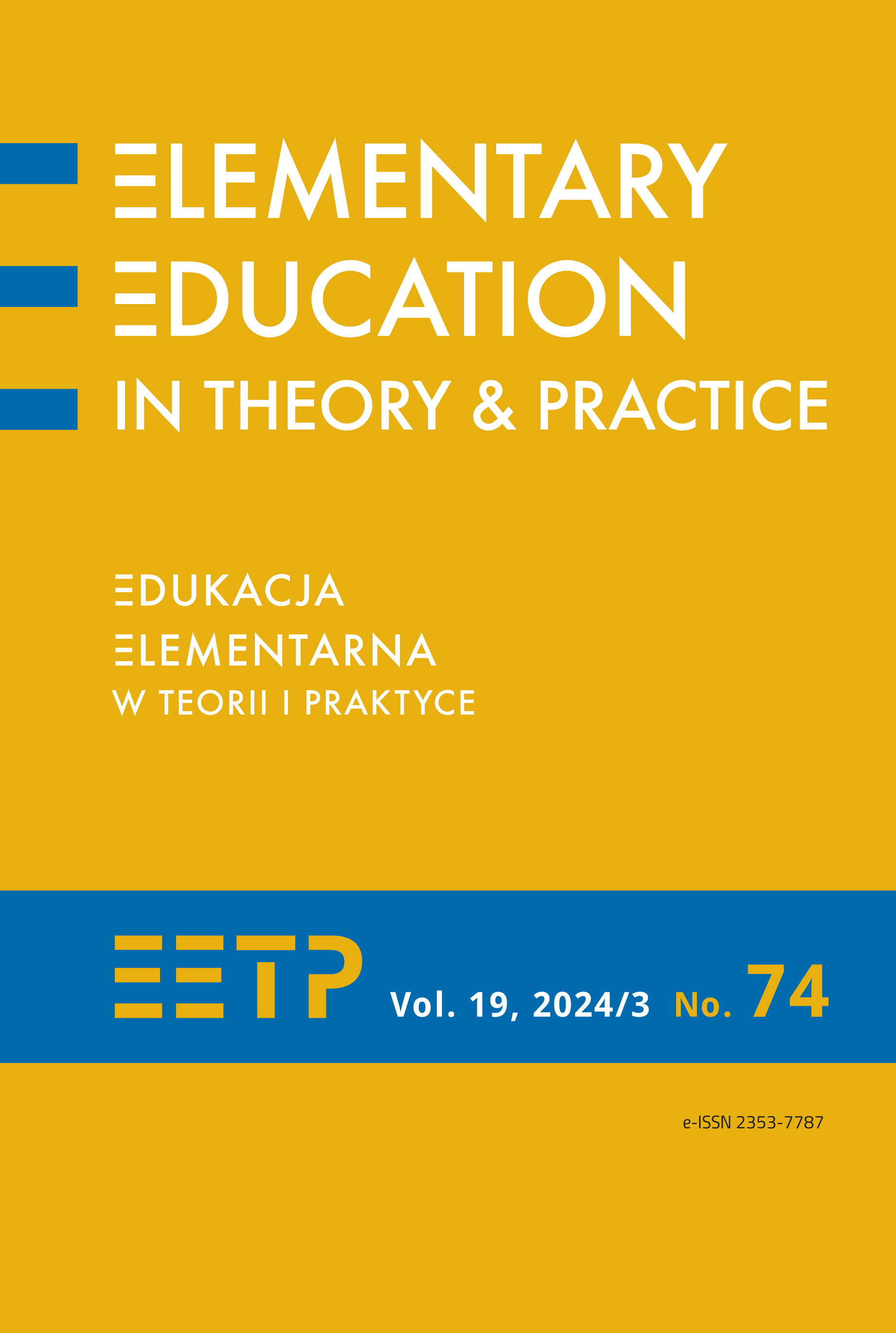Recognizing Modal Versions of Tonality by Students of Preschool and Early Childhood Education
Recognizing Modal Versions of Tonality by Students of Preschool and Early Childhood Education
Author(s): Ewa A. Zwolińska, Paweł TrzosSubject(s): Music, Preschool education, Pedagogy
Published by: Uniwersytet Ignatianum w Krakowie
Keywords: music listening; early musical education; musical skills; tonality;
Summary/Abstract: The vast majority of preschool and early childhood teachers admit that they have problems with implementing musical issues. Experi- mental research indicates that the inability to sing, move to music, differentiate tonality and meter, improvise, read and write down mu- sic, is mainly caused by deficits in audiation. The article focuses on research results regarding the effectiveness of recognizing a melody presented instrumentally in eight tonalities: 1. Major; 2. Dorian; 3. Phrygian; 4. Lydian; 5. Mixolydian; 6. Aeolian; 7. Harmonic Mi- nor; 8. Locrian. Due to the purpose of the research, the rhythmic content of all versions was the same, and the procedure used allowed for comparing students’ attention by determining the time of receiv- ing (listening to) the melodic line and the moment at which they gave the answer. Listening skills help develop critical thinking skills, which are important in any form of communication: speaking, sing- ing, reading, writing or synthesizing information.
Journal: Edukacja Elementarna w Teorii i Praktyce
- Issue Year: 19/2024
- Issue No: 3 (74)
- Page Range: 147-166
- Page Count: 20
- Language: English

